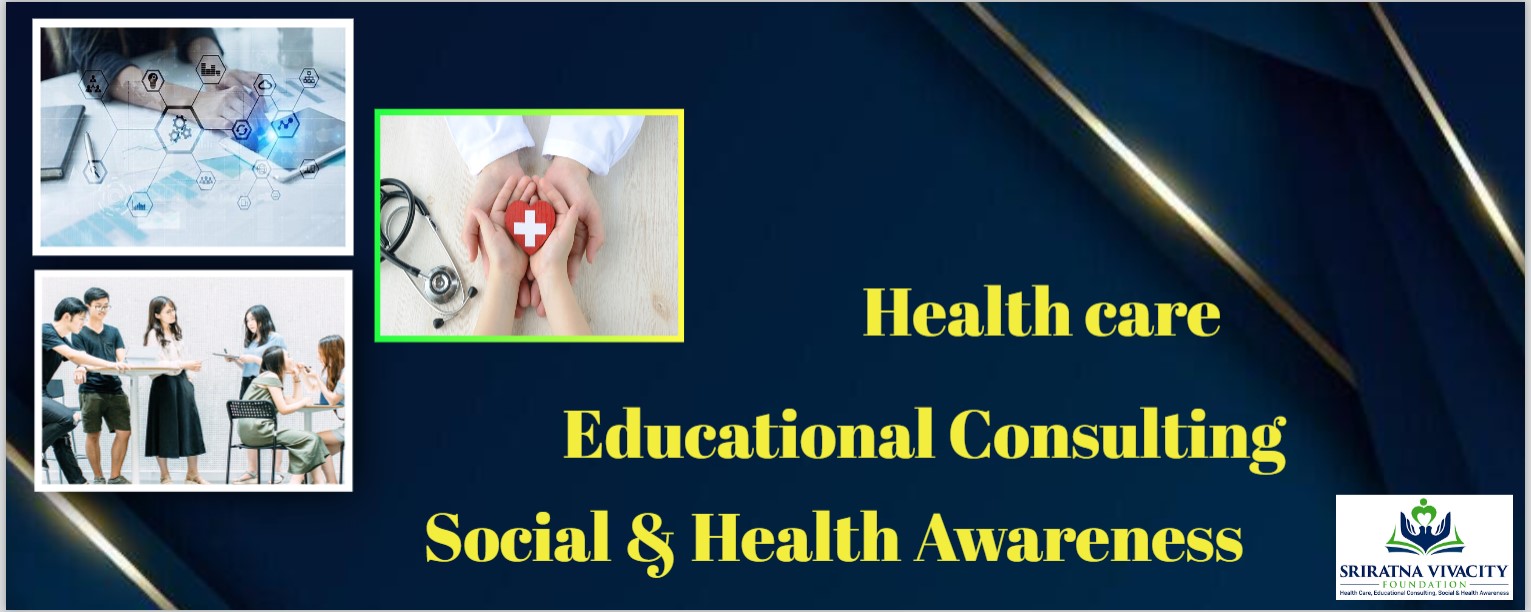1. Mission and Vision:
At the heart of my NGO's mission is the desire to address the social issues that affect vulnerable populations. Whether it's poverty alleviation, education, healthcare, environmental conservation, or gender equality, our vision is to bring about meaningful and sustainable transformation to the communities we serve.
2. Identifying Critical Needs:
Running an NGO requires a deep understanding of the unique needs and challenges faced by communities. By conducting comprehensive needs assessments, collaborating with local stakeholders, and engaging in dialogue with community members, we identify the most pressing issues and develop targeted interventions that can make a tangible difference.
3. Program Development and Implementation:
With a clear understanding of community needs, my NGO designs and implements programs that address the identified challenges. These programs are carefully crafted to be context-specific, culturally sensitive, and participatory, ensuring that community members are actively involved in the decision-making process and take ownership of their own development.
4. Collaboration and Partnerships:
No social change can be achieved in isolation. Collaboration and partnerships with like-minded organizations, government agencies, corporations, and community leaders play a crucial role in amplifying the impact of our NGO. Through these collaborations, we leverage resources, expertise, and networks to create a more comprehensive and sustainable approach to addressing social issues.
5. Advocacy and Policy Influence:
To drive systemic change, my NGO actively engages in advocacy efforts to influence policies and practices that impact our target communities. By conducting research, raising awareness, and advocating for policy reforms, we strive to create an enabling environment that supports the rights and well-being of the marginalized and underprivileged.
6. Capacity Building and Empowerment:
Empowerment lies at the core of our approach. We believe in equipping individuals and communities with the knowledge, skills, and resources necessary for sustainable development. Through training programs, workshops, and mentorship, we build the capacity of community members, enabling them to become agents of change within their own communities.
7. Monitoring and Evaluation:
Accountability and transparency are essential in the work of an NGO. To ensure the effectiveness and impact of our programs, we implement robust monitoring and evaluation systems. By regularly assessing outcomes and collecting feedback, we adapt our strategies, learn from our experiences, and continuously improve our interventions.
Conclusion:
Running an NGO is a challenging yet fulfilling endeavor that allows us to contribute meaningfully to society. By identifying critical needs, developing targeted programs, collaborating with stakeholders, advocating for change, and empowering communities, we can create a brighter future for those in need. As an NGO, we are committed to making a lasting impact and inspiring others to join the journey towards a more equitable and compassionate world.
